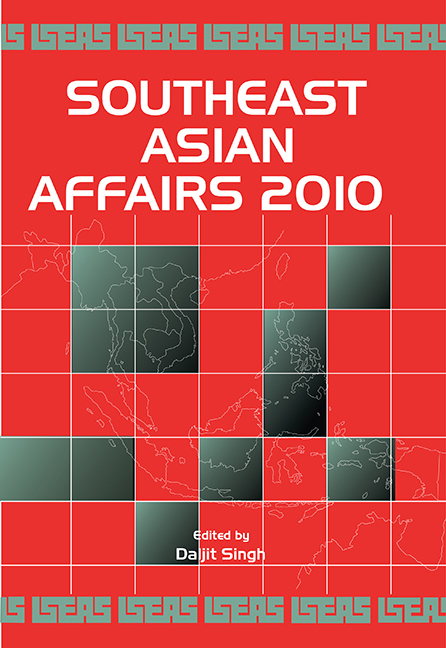Vietnam: A Tale of Four Players
from VIETNAM
Published online by Cambridge University Press: 21 October 2015
Summary
Who are the key players of Vietnamese politics? What characterizes its dynamics? What is to be expected of it in the next few years? This essay is an attempt to address the above questions. It suggests that the politics of Vietnam can be imagined as a game between four key players. If the government is defined as the central authoritative locus of politics in a country, then the Vietnamese Government is caught primarily between regime conservatives, modernizers, rent-seekers, and China. Each of these players is a bloc of diverse actors that share an ultimate strategic goal or inclination.
The distinction of the three Vietnamese blocs deserves further explanation. The criterion for sorting someone to a bloc is the person's priority or inclination when it comes to fundamental issues such as ideology (whether the country should be open or closed to liberal ideas from the West) and the Communist Party's relation to the nation (whether the party is superior or inferior to the nation). The conservative is one who is more likely to opt for a “closed door” and “party first” policy, the modernizer for openness and the whole-nation's perspective, and the rent-seeker for whatever that brings him or her most money.
In their discourse, leaders often use the vocabulary of the day but their emphasis will reveal where they stand. A regime conservative, such as former General Secretary of the Vietnam Communist Party (VCP) Le Kha Phieu, may embrace the ideas of “intra-party democracy”, “socialist-oriented market economy”, and Vietnam as a “modern nation” and a “friend and reliable partner to other countries”, but his emphasis is on the class nature, as opposed to a whole-nation nature, of the party's core interests, preserving the country's “socialist” identity, and contrasting it with the “capitalist and imperialist” West. Modernization, reform, democracy, and international integration, if adopted, are only means to a higher end, and if necessary, can be sacrificed. That higher end is the continuation of the communist regime.
A modernizer, such as the late Prime Minister Vo Van Kiet, may vow to maintain “the leadership role of the party” and build “socialism”, but his visions of the party and socialism are completely different from those of the conservatives.
- Type
- Chapter
- Information
- Southeast Asian Affairs 2010 , pp. 367 - 391Publisher: ISEAS–Yusof Ishak InstitutePrint publication year: 2010



